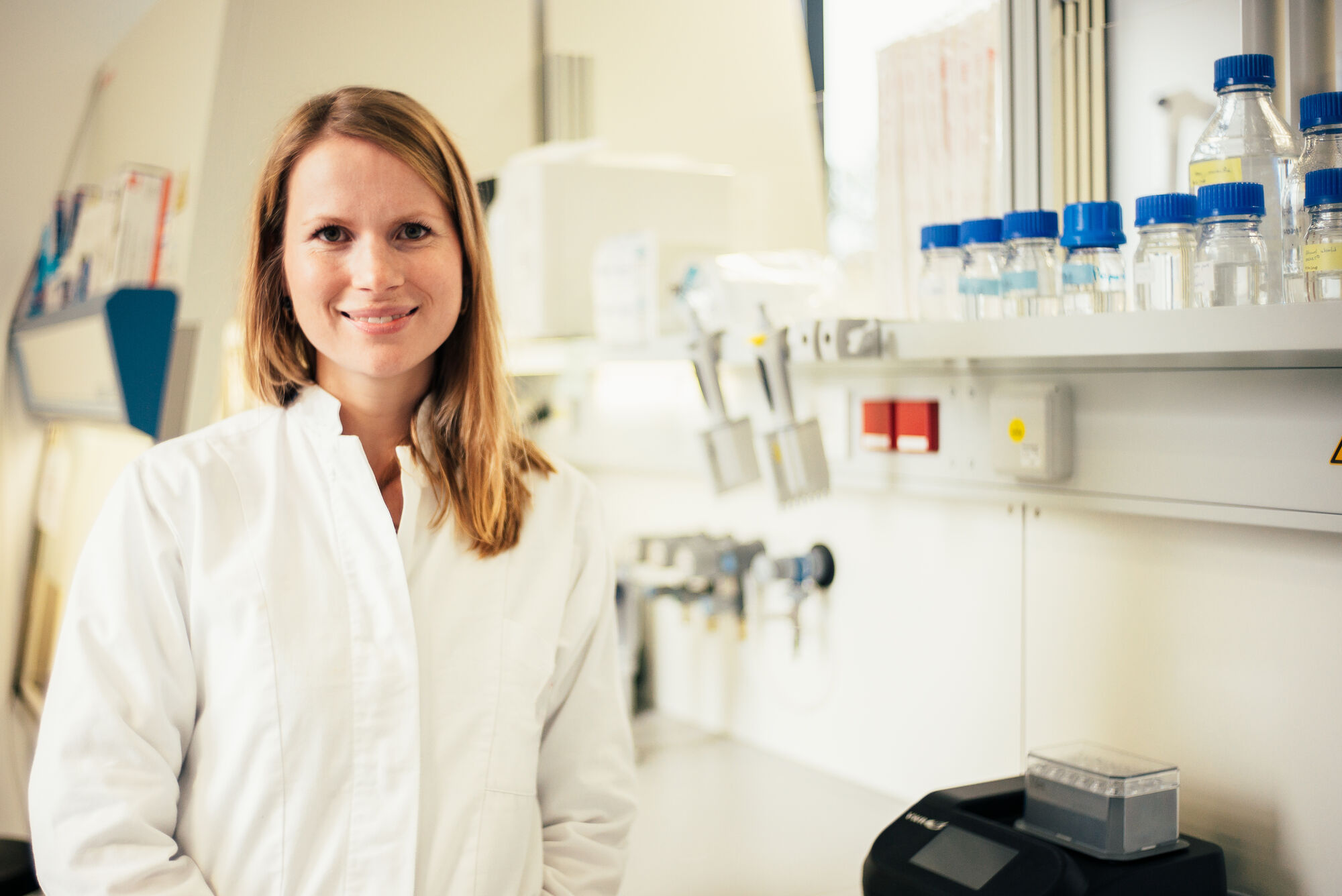Multidrug resistant Klebsiella pneumoniae are a major cause of infections caught at and outside of hospitals that include sepsis (so-called ‘blood poisoning’), liver abscesses, urinary tract infections and pneumonia. Infections with these multidrug resistant bacteria often lead to severe or even fatal courses of illness. An outbreak of this kind of bacteria was registered in medical facilities in Vorpommern from June to October 2019.
Scientists from Greifswald have been able to determine and analyse the full genotype of these bacteria and functional experiments were also performed in a laboratory. They observed that the bacteria showed extensive resistance and even remained stable against two so-called drugs of last resort, Colistin and Meropenem. These antibiotics are only used very sparingly, for example for treating severe courses of illness. In addition to their distinct multidrug resistance, these bacteria have characteristics that make them even more resilient and dangerous than other members of the same species of bacteria. This is one of the possible reasons why they were able to spread among various patients in the district of Vorpommern-Greifswald in summer 2019.
Thanks to the immediate intervention of Vorpommern’s medical facilities and the public health system, their close collaboration in the regional network for combatting multidrug resistant pathogens KOMPASS e. V., as well as the interdisciplinary collaboration between scientists at University Medicine, the University of Greifswald, and the RKI, it was possible to successfully contain the outbreak within a short amount of time. The study helped improve the microbiological and epidemiological understanding of the bacteria clone and can help to make sure that more consideration is given to the occurrence of dangerous bacterial subtypes and that these are identified faster when implementing control measures and monitoring strategies in the future.
Further Information
Research group Pharmaceutical Microbiology at the University of Greifswald’s Institute of Pharmacy.
Heiden S. E.*, Hübner N.-O.*, Bohnert J. A., Heidecke C.-D., Kramer A., Balau V., Gierer W., Schaefer S., Eckmanns T., Gatermann S., Eger E., Guenther S., Becker K., Schaufler K. (2020): „A Klebsiella pneumoniae ST307 outbreak clone from Germany demonstrates features of extensive drug resistance, hypermucoviscosity, and enhanced iron acquisition,“ in: Genome Medicine. 12: 1. https://doi.org/10.1186/s13073-020-00814-6
* joint lead authors
Contact at the University of Greifswald
Dr. Katharina Schaufler, PhD
Institute of Pharmacy
Friedrich-Ludwig-Jahn-Str. 17, 17489 Greifswald
Tel.: +49 3834 420 4869
katharina.schaufleruni-greifswaldde
ResearchGate: https://www.researchgate.net/profile/Katharina_Schaufler
Twitter: https://twitter.com/HgwMibi
Contact at University Medicine Greifswald
Prof. Nils-Olaf Hübner
Head of the Central Hygiene Department
Ferdinand-Sauerbruch-Straße, 17475 Greifswald
nils.huebnermed.uni-greifswaldde


